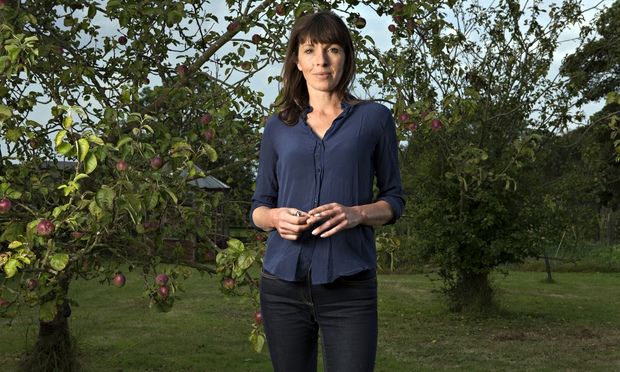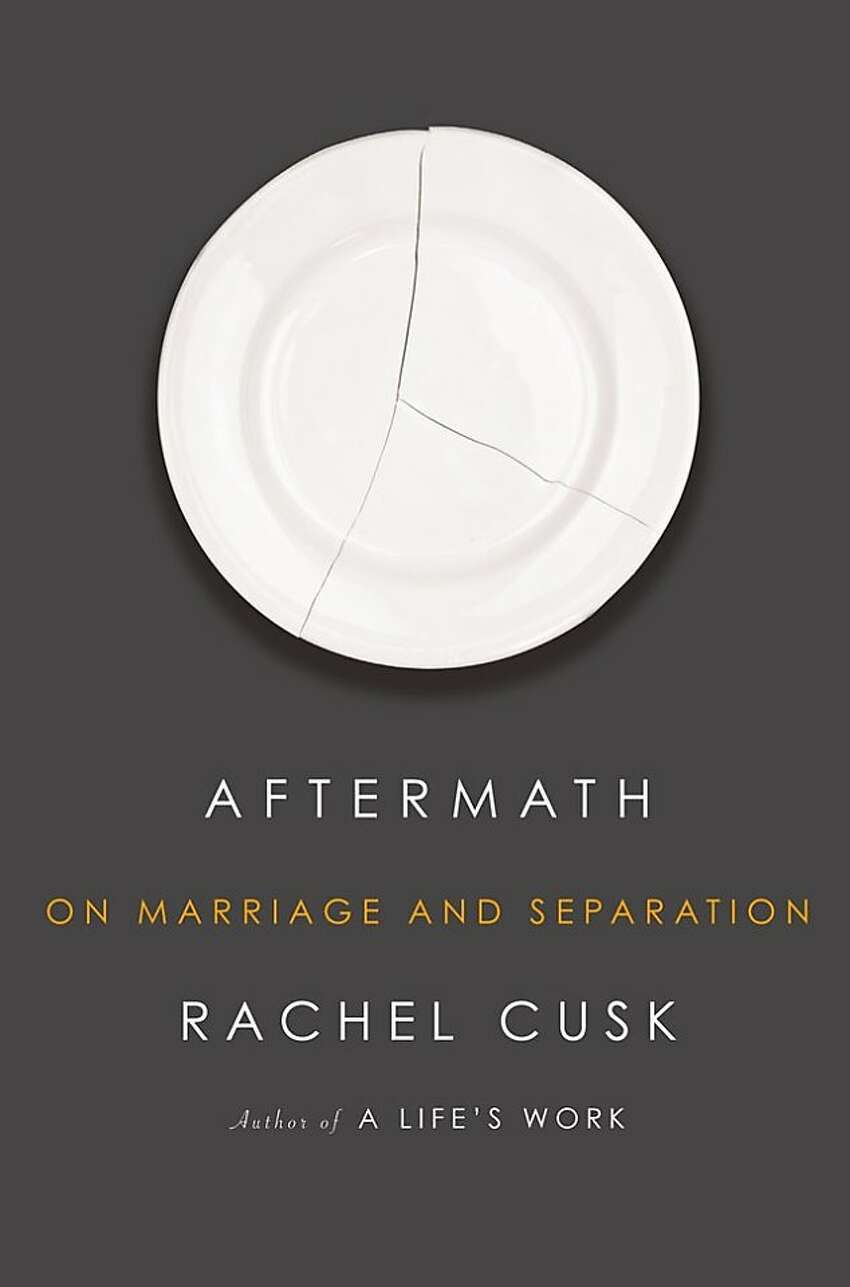

There is a controlling quality that becomes a little claustrophobic, that sense of a person seeing without being seen. I’d like to read more Cusk, but cannot imagine she can continue to explore the reticent narrator in the same way. I’ve thought whether to write anything much about my reading of Cusk, but have little that would improve on the pieces linked above. On my first reading of the last in the series, Kudos, I drifted off about a third of the way through, but I am glad I returned, this time reading the trilogy end to end over a couple of days. More promising is the man on her other side, an elderly Greek, apparently wealthy (though perhaps not as wealthy as the narrator assumes), who tells her with a weary charm of his failed marriages and elicits her number for a hook-up.There’s some insightful writing around about Rachel Cusk’s trilogy, including the transcript of an interview with Alexandra Schwartz.

Rudeness, egotism and inattention to others are very much on the narrator’s radar. Later, when she hands him a tray of food, he ‘silently lifted up his gaming console with both hands so that I could place it on the folded-down table in front of him’. Next to the narrator is ‘a swarthy boy with lolling knees whose fat thumbs sped around the screen of a gaming console’.

‘A lot of people want to be writers: there was no reason to think you couldn’t buy your way into it.’ The subsequent plane trip is deftly described. But first she must have lunch with a bookish billionaire in a London club. The novel is mostly set in Athens, where Faye has come to teach a creative writing course. We discover quite late on that she is called Faye, and it’s jarring finally to have a name for this ambiguous entity. The narrator, while undeniably ‘there’ – she is continually observing and commenting – remains an enigma, with little back story.

There is a gulf at the heart of this book.


 0 kommentar(er)
0 kommentar(er)
